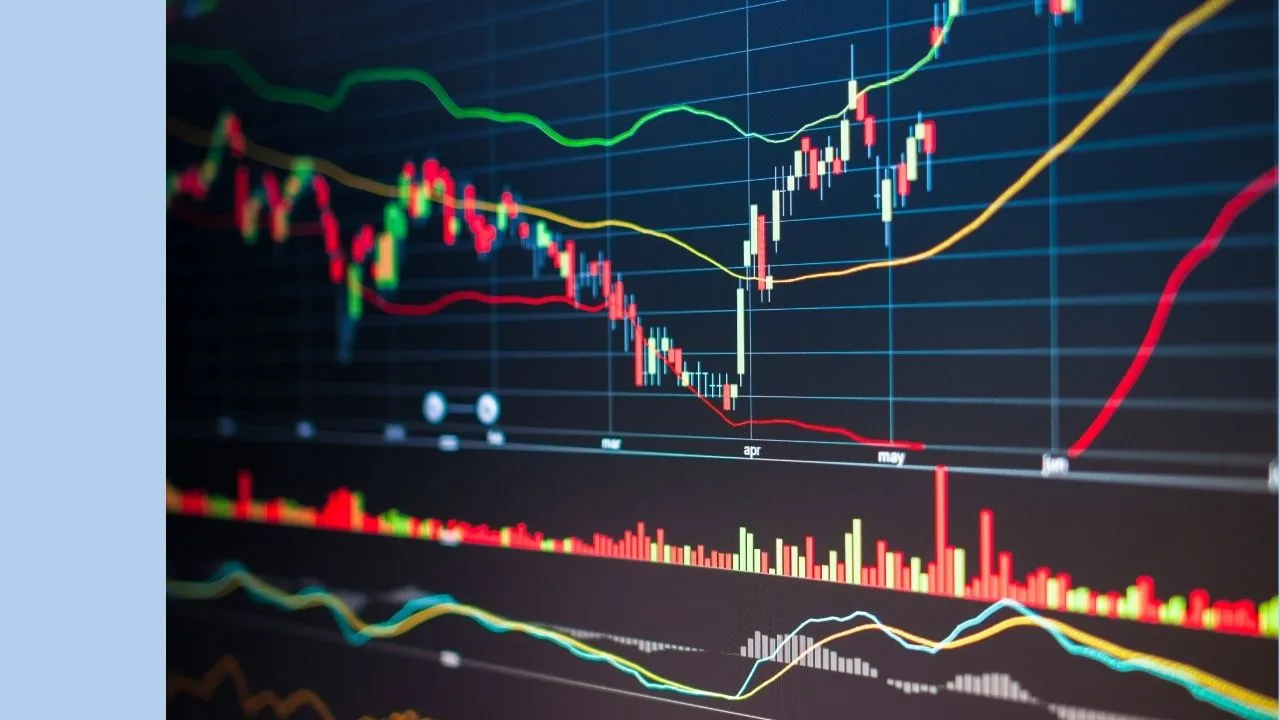FLT share price in focus
Founded in Sydney in 1982, Flight Centre is a global travel agency with operations across more than 80 countries, operating under various brand names.
The company serves both the retail and corporate sectors, offering a range of services including tour operations, travel experiences, and hotel management.
Flight Centre differentiates itself by providing a personal touch that many online travel agencies can’t match. Their consultants manage all aspects of travel planning and are often able to secure exclusive deals for customers, fostering loyalty and repeat business.
COL shares
Coles is a leading Australian retailer providing everyday essentials including fresh food, groceries, general merchandise, liquor, fuel and financial services. It was founded in 1914 in Victoria and still calls Melbourne its home base.
Coles was formerly owned by the listed giant Wesfarmers from 2007 until 2018, when it was spun-off and listed as its own entity on the ASX under the ticker symbol ‘COL’. Coles’ earnings are unsurprisingly dominated by the supermarket side of the business, however, it partly or fully owns and operates adjacent businesses like flybuys, Liquorland, First Choice, Vintage Cellars, Coles Express and more.
While Coles is second to Woolworths in the supermarket sector, it still controls a significant share of the Australian grocery market (about 28%). Since its listing in 2018, Coles has established itself as fairly reliable dividend payer for investors seeking income.
FLT share price valuation
As a growth company, some of the trends we might investigate from FLT include revenue growth, profit growth, and return on equity (ROE). These measures can indicate the growth rates and prospects of the company, as well as their ability to generate returns from their assets.
Since 2021, FLT has grown revenue at a rate of 89.8% per year to reach $2,708m in FY24. Over the same stretch of time, net profit has fallen from $433m to $140m. FLT last reported a ROE of 11.9%.
Since COL is more of a ‘mature’ or ‘blue-chip’ business, some of the metrics that could be considered important include the debt/equity ratio, average yield, and return on equity, or ROE. These are useful as they give us an idea of debt levels and the company’s ability to generate a return on assets and pay out profits (which is what we want from a blue chip). In FY24, Coles Group Ltd reported a debt/equity ratio of 278.4%, meaning the company is leveraged (it has more debt than equity). Higher debt levels comes with increased risk so it’s important that a leveraged company has stable returns and the capacity to pay interest on its debts.
As for dividends, since 2019 COL has achieved an average dividend yield of 3.8% per year.
Finally, in FY24, COL reported an ROE of 32.4%. For a mature business you’re generally looking for an ROE of more than 10%, so COL clears this hurdle.
It’s important to keep in mind that these are only a small selection of metrics and don’t give us enough information to value the business or make an investment decision. To learn more about valuation, check out one of our free online investing courses.








